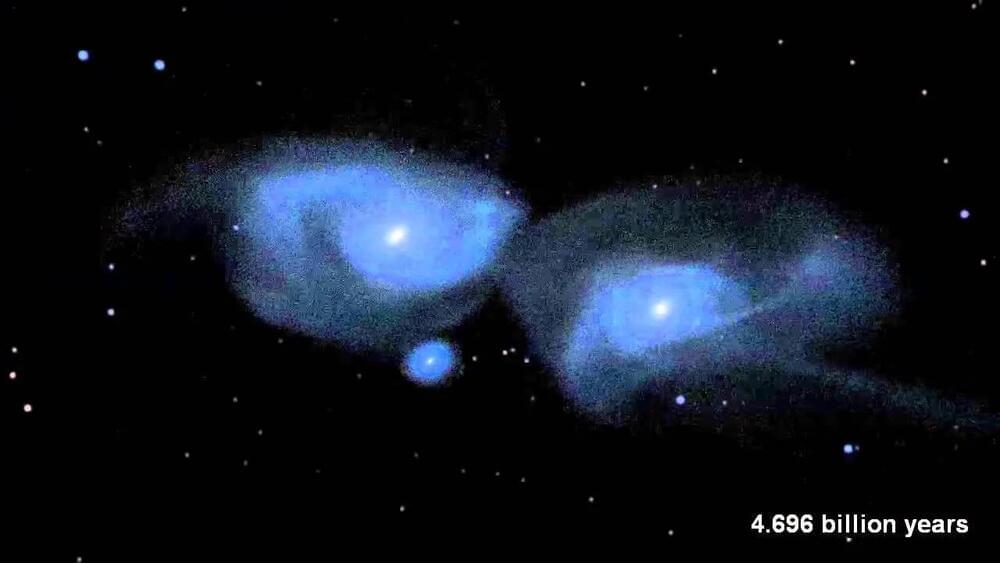In 4 billion years, when the Milky Way galaxy collides with the Andromeda Galaxy, the distance between the stars will be so vast that none of the 1.3 trillion stars are expected to collide.
In roughly 4 billion years, the Andromeda Galaxy and the Milky Way will collide, creating a new supergalaxy. This galactic merger will not result in stars colliding due to the vast distances between them, but the supermassive black holes at the centres of both galaxies will eventually merge. While the solar system might get flung farther from the galactic core, there’s also a chance it could be ejected entirely. Even though life on Earth would have ended by then due to the Sun’s increasing heat, this cosmic event would offer a stunning view of the changing night sky.
After reading the article, Reddit user Harry, with over +6.5k upvotes, commented: “It’s not direct collisions that are the issue. It’s the disruption to the normal gravitational systems and orbital paths. A planet that was in the goldilocks zone for liquid water and life could get affected by another passing star system enough to move it sufficiently out of its normal orbit to have planet changing effects.”
